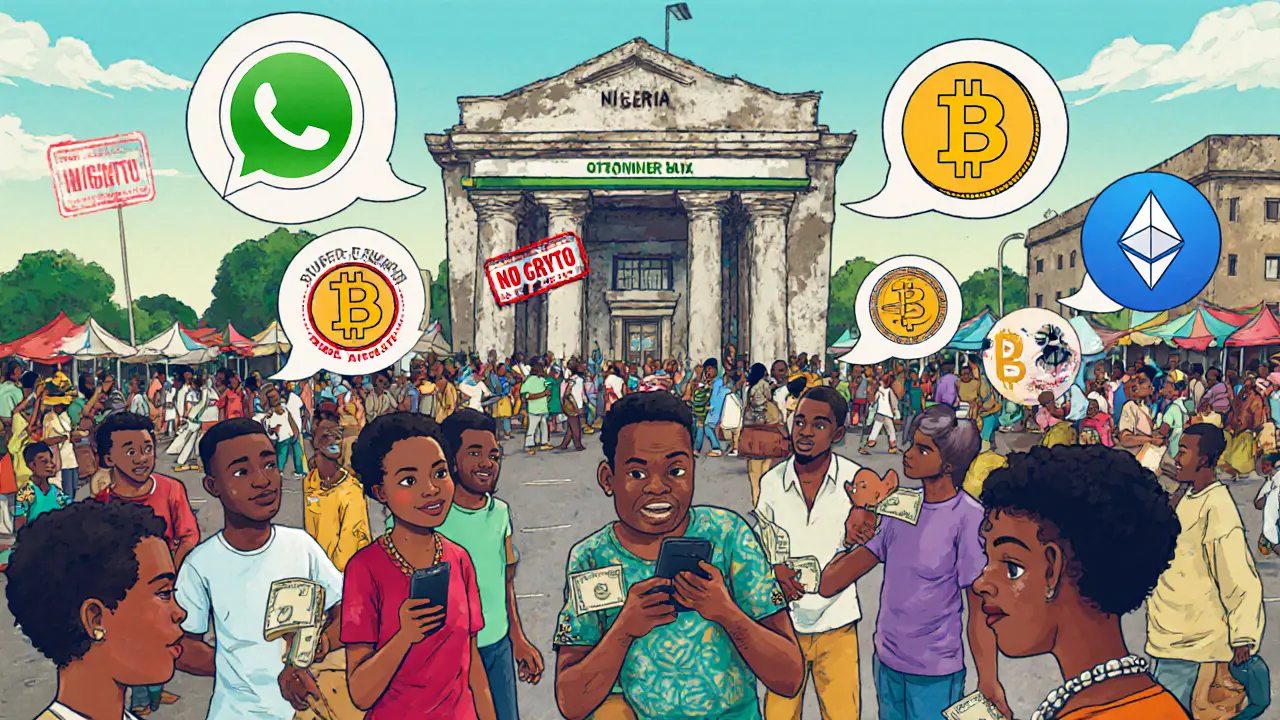Binance P2P Nigeria: How to Buy and Sell Crypto Safely in Nigeria
When you're in Nigeria and need to buy Bitcoin without a bank, Binance P2P, a peer-to-peer crypto trading platform that connects buyers and sellers directly without intermediaries. Also known as Binance Peer-to-Peer, it's become the most trusted way for Nigerians to trade crypto using local payment methods like bank transfers, mobile money, and even cash deposits. Unlike traditional exchanges that freeze accounts or block withdrawals, Binance P2P lets you trade directly with other users—making it the backbone of Nigeria’s crypto economy.
What makes Binance P2P work in Nigeria isn’t just the platform—it’s the Nigerian Naira, the local currency used in over 90% of P2P trades on Binance. Traders use it to buy Bitcoin at rates that beat official forex markets, often using GTBank, Access Bank, or Opay to send funds. Sellers, meanwhile, use the platform to convert crypto into cash without waiting for weeks for bank approvals. The system works because it’s built on trust: users rate each other, escrow protects funds until payment is confirmed, and Binance’s moderation steps in if something goes wrong. This isn’t theory—it’s how millions in Nigeria access global finance daily.
But it’s not all smooth. Scammers target new users with fake payment screenshots or pressure tactics. That’s why you need to stick to verified sellers with high ratings and trade history. Always check the trade terms: some sellers ask for full payment before releasing crypto—red flag. Others require partial upfront payments, which is safer. And never, ever use unverified third-party apps or WhatsApp groups claiming to be Binance agents. The real platform only operates inside the Binance app or website.
For Nigerians, Binance P2P isn’t just a tool—it’s a lifeline. It lets people pay for school, send remittances, or start small businesses without relying on banks that charge high fees or refuse crypto-related transactions. It’s also how many earn their first crypto income, trading USDT for Naira during market dips. The platform doesn’t solve Nigeria’s economic problems, but it gives people control over their money when the system fails them.
Below, you’ll find real-world guides on how to avoid scams, find the best rates, handle chargebacks, and even use Binance P2P to earn extra income. These aren’t generic tips—they’re lessons from traders who’ve been through it all. Whether you’re buying your first Bitcoin or scaling your P2P business, the posts here give you what actually works in Nigeria right now.
How Nigeria's Underground Crypto Economy Thrived During the Ban
Despite a 2021 banking ban, Nigeria’s underground crypto economy surged, with millions using P2P platforms to trade Bitcoin and stablecoins. Learn how people bypassed restrictions-and why the ban backfired.
read more

